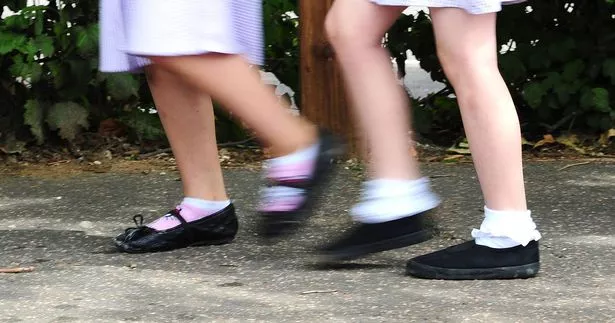Almost 8,000 children require an educational health care plan across the city A number of SEND children are being educated in mainstream settings(Image: Kawee Srital-on via Getty Images)
A number of SEND children are being educated in mainstream settings(Image: Kawee Srital-on via Getty Images)
The number of children across Liverpool requiring an education, health and care plan (EHCP) to identify additional special educational needs provision has almost doubled in the last three years. In 2022, amid reports the city council was considering relocating a number of special educational needs (SEN) schools, data revealed how the number of children with an EHCP had risen to around 4,000.
This was a 46% increase in the number of children requiring support since 2019. Now a new report to go before the local authority’s education, skills and employment committee has detailed how that number has risen once again.
As of August 4, 7,488 EHCPs are being managed by the city of Liverpool. EHCPs identify educational, health and social needs and set out the additional support to meet those needs for children and young people up to the age of 25.
In its own education and inclusion position statement set out in September 2024, the city council recognised how Liverpool has “seen a rapid and sustained rise in applications” for EHC needs assessments. According to that document, the greatest need is for pupils with: Autism (4.9%); Speech, language and communication needs (4.8%) and Social, emotional and mental health problems (4.3%).
There are 13 sites across Liverpool with provision to provide support for children and young people with EHCPs. According to the latest round of data made public by the local authority ahead of the committee, as of the last school year, almost half of all children recorded as requiring support via Liverpool Council were being educated in mainstream schools.
In 2024/25, 44% of pupils were in a non-specialist setting, equating to more than 1,400 children. This was up from 43% the school year before and a further 7% in 2022/23.
The ECHO has reported previously how parents across Liverpool have expressed concern over placing their children with EHCPs into mainstream schools.
 School kids walking to school(Image: Ian West/PA Wire)
School kids walking to school(Image: Ian West/PA Wire)
In September last year, in a full council meeting on education in the city, the local authority declared how the SEND system in England is “at breaking point and in need of urgent reform, with more children than ever before not having their needs met in local mainstream schools.”
Councillors agreed that despite “rapidly increasing expenditure, outcomes for children and young people with SEND have not improved” and it wanted to end permanent exclusions regarding looked after children and children and young people with an EHCP.
Since February 2022, permanent exclusion rates have increased in all three school sectors, approximately doubling in primary and secondary schools.
For the current financial year, Liverpool Council has received £48m for its designated schools grant, of which an additional £10m has been provided for high needs education. In March, Reena Bhogal-Welsh, Liverpool Council director of education and inclusion told the ECHO how SEND children had the opportunity to “thrive” in mainstream schools.
